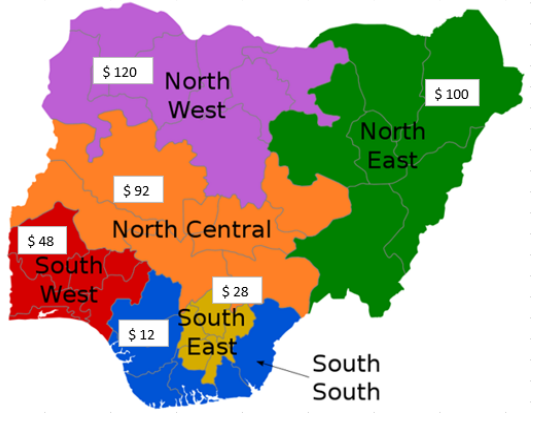.png)
The "Invisible Killer" in Brazilian Agriculture: Nematode Threats and the Path of Biological Control
Plant-parasitic nematodes, known as the "invisible killers" of agriculture due to their concealment in soil, cause approximately 150 billion US dollars in global crop losses annually. These tiny organisms feed on crop roots, blocking the absorption of water and nutrients while predisposing plants to fungal infections, resulting in devastating damage.



.png)

.png)
.png)
.png)

.png)
.png)